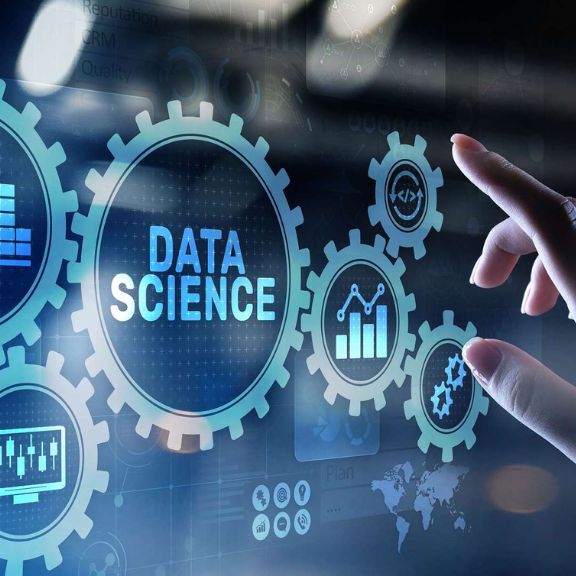
In digital marketing, we live in the age of data. We can obtain a wealth of fascinating information on each user in real time. Our current difficulty is figuring out how to use all of this data to our marketing objectives.
Data science is the discipline in charge of analyzing all of this information and turning it into insights that will help us better our marketing efforts. We’re still discovering the tip of the iceberg of everything we can do with them, so a lot of interesting news awaits us over the next few years. To open your mouth, I want to share with you these 10 data science applications in digital marketing. Don’t miss them!
10 data science applications in digital marketing.
Most marketers base their pricing strategy on factors such as product manufacturing cost, margins, and competitor pricing. More subjective aspects, such as the positioning we want to offer the brand, also inherit play.
The use of data science during this process allows us to take the guesswork out of the process and get the target right, adapting the value to what happens in real-time. This will take into account elements such as general market behavior, individual customer preferences, reactions to previous discounts, etc.
Lead scoring can be a technique that allows us to assign a score to each lead that supports its chances of becoming a customer so that we will focus our resources on the most profitable contacts.
Complex predictive lead scoring algorithms can be designed using data science that takes into account many factors to sort your contacts into lists and treat them differently to increase their chances of conversion.
Data science is often used to find out which emails are the most attractive to each customer. For example, we will know how often emails are read, when to send them, what type of content works best with each audience segment, etc. As a result, we can send contextualized email marketing campaigns to customers with the most relevant offers.
Content marketing can be a large investment of time and energy, so it is critical to make sure we are creating the right content to be successful with our audience and influence their behavior.
Data science can help us learn about our audience, allowing us to get the most relevant content for each consumer. For example, if a user has come in trying to find a selected keyword through Google, we all know we should use it within the content. Going further, we will use data science to help us create dynamic and personalized websites, showing different content to each of the visitors.
One of the most important challenges in digital marketing today is to make consistent user profiles across different devices, which also take into account that users have an interest in various products at different times.
Thanks to data science, we are getting more and more advanced in this regard. We will now create buyer personas from user behavior data on different devices and even assign roles based on what they are doing at the time (for example, a user’s online behavior varies during their telecommuting day or when they are looking for entertainment options).
6) Optimizing budgets
Marketers are concerned with allocating budget in the most optimized way possible to get the best ROI.
We can use data science to look at spending and acquisition patterns to build predictive models to help us better allocate funds across placements, channels, formats, and campaigns for optimal efficiency.
7) Customer experience
Data analytics helps us decide when and, therefore, which channel is the right one to talk to customers. For example, we can find out if a user is not very receptive to SMS, but is receptive to emails sent outside of business hours. All this allows us to optimize their experience when it comes to the brand.
On the other hand, data science also collects and analyzes behavioral patterns that predict when a user needs a particular product or service. This way we anticipate their needs and make their experience as seamless as possible.
8) Definition of hearings
The definition of audiences is crucial to achieving the brand’s marketing objectives without exceeding the established budget.
Ideally, we should always send our messages only to users who most closely resemble our potential customers and who are presumed to convert.
Since we will now be analyzing each user’s interactions with our brand, data science can be used to create hyper-specific segments and tailor the messages we send them for maximum effectiveness.
9) Opinion analysis
Digital marketers have an unprecedented opportunity to find out what our target audience thinks. In some cases, we don’t even have to ask them: their opinions are on the Internet for all to see. The challenge is to be able to analyze them and correctly attribute the sentiment of the messages.
Fortunately, the evolution of data science and artificial intelligence makes it possible to analyze a large number of messages to gain insights into customers’ beliefs, opinions, and attitudes. In addition, we can track how they respond to marketing campaigns and interact with the company.
10) Loyalty
Last but not least, data science can be applied to a key part of any business: customer loyalty.
By establishing individual profiles for each customer based on data, we can know which offers will interest them most at any given time and send them the right messages through the right channels. In this way, we will develop a long-term relationship that will lead to repeat recommendations and repeat purchases.